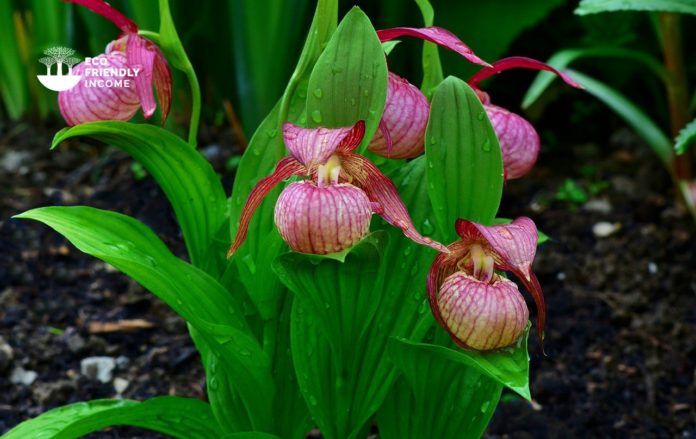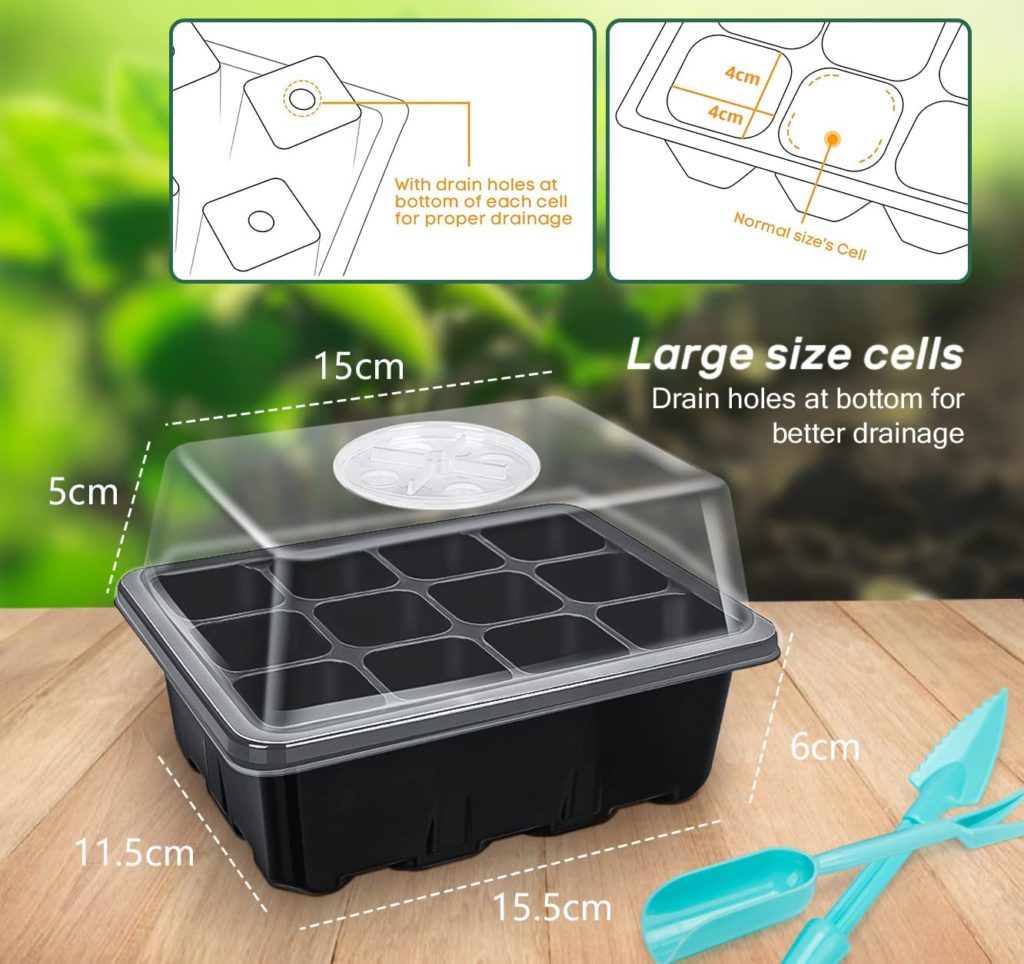A field guide on how to identify and propagate Lady’s Slippers (Cypripedium reginae), a zone 2 perennial shrub native to North America.

Hardiness Zone: 2-9

Soil Type: Well-drained, organic, rich soils, Loam.

Water: High.

Exposure: Partial to Full Shade
How to Identify Lady’s Slippers (Cypripedium reginae)
The lady’s slipper is a type of orchid that can be found in the wild. It has a distinctive, moccasin-shaped flower.
The petals are usually pink or white, and the labellum (the lowermost petal) is often brightly colored.
To identify a lady’s slipper plant, look for a single flower on a long stem rising from beneath the leaves.
Leaves
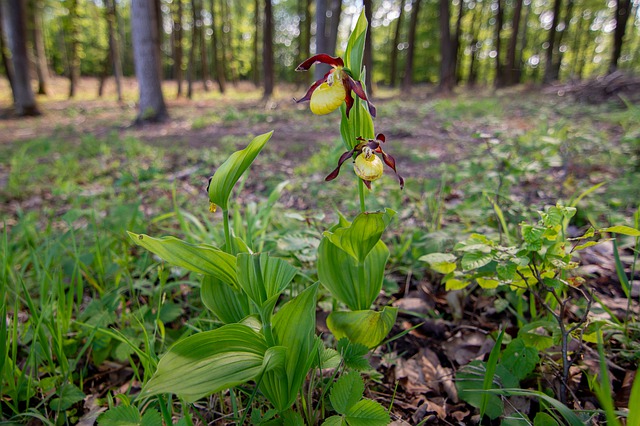
Lady’s slipper leaves grow in basal arrangements, meaning they grow from the plant’s root. The leaves are elliptical to oval-shaped with entire margins.
The leaves are covered in fine hairs, which gives them a fuzzy appearance.
Flowers
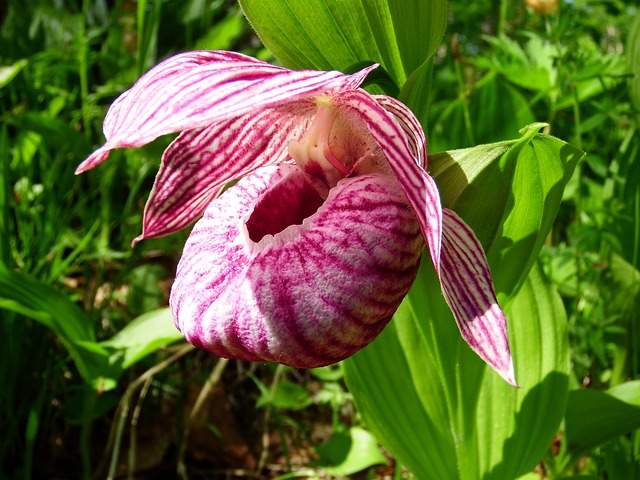
The lady’s slipper flower is a purple and white flower that grows in the forest. These have a distinctive pouch-like shape.
It gets its name from the fact that the petals are shaped like a lady’s slipper.
Flowering Season
The lady’s slipper (Cypripedium reginae) flowering season is typically in the late spring or early summer.
Habitat
The natural habitat of lady’s slippers is in moist, shady forests. They grow in the understory and are often found near streams or in bogs.
I’ve personally found them growing by lakesides in the understory of large trees, and around hiking trails under dense forest cover.
Wildlife Value
Lady’s slipper flowers are a beautiful addition to any garden, and they also provide important wildlife value.
These flowers are the sole food source for the endangered lady’s slipper orchid moth, so by planting them you can help support this rare species.
Additionally, lady’s slipper flowers are a favorite of bees and other pollinators, so they can help increase the biodiversity of your garden.
How to Propagate Lady’s Slippers (Cypripedium reginae)
There are two great ways of propagating lady’s slippers orchids: By planting the seed and by division.
- With the Seeds: It will require either harvesting wild seeds or ordering them online.
- By Division: You will need to have a plant colony on hand, either bought and planted at home or found in the forest.
Let’s get into the details:
Propagate By Seed
Harvesting and planting seeds are the simplest way to propagate lady’s slippers.
How to Harvest Lady’s Slippers Seeds
To harvest the seeds from lady’s slipper flowers, you will need to wait until the pods have turned brown and dried out.
Once they are dry, you can split them open to extract the seeds.
Be careful not to damage the seeds while extracting them, as they are very small and fragile.
Store the harvested seeds in a cool, dry place until you are ready to plant them.
Here’s what they look like:
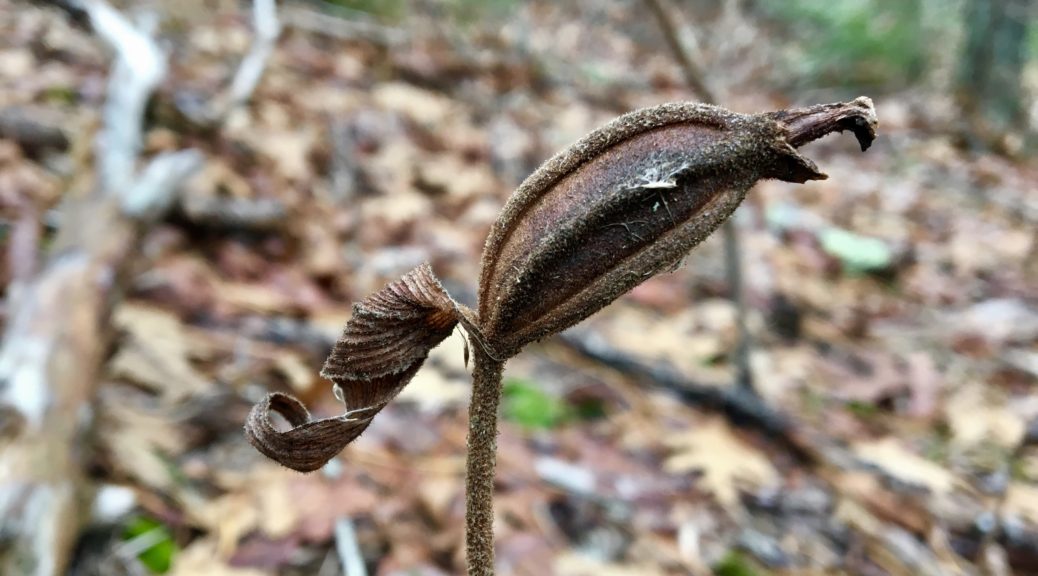
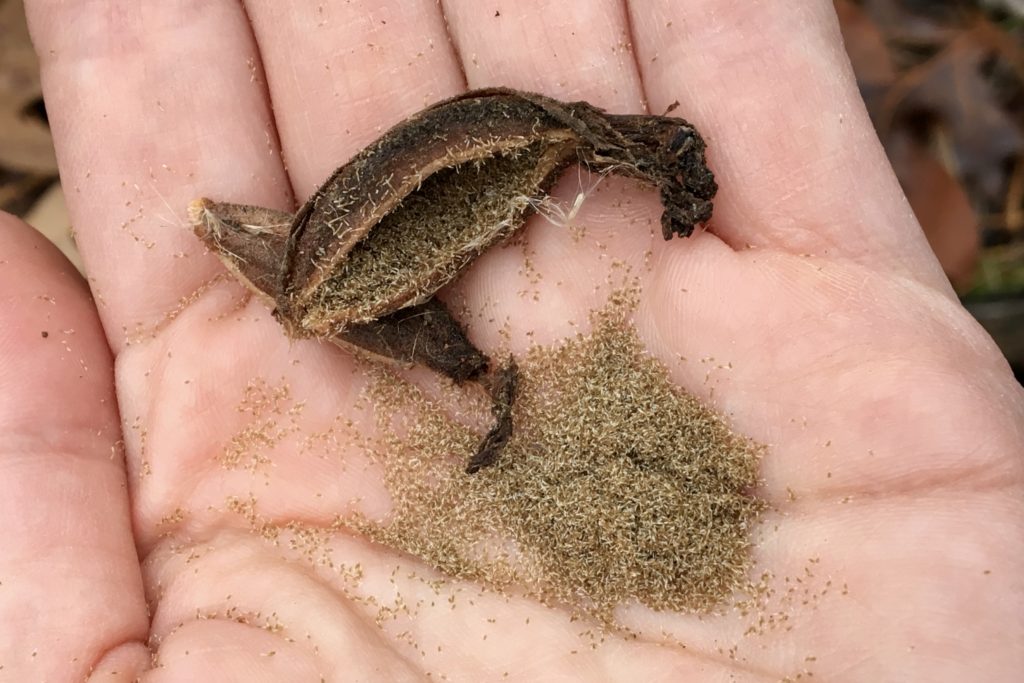
How to Germinate Lady’s Slipper Seeds
Lady’s slippers normally go through cold-stratification in the wild before they germinate the next spring.
You might still be able to germinate them anyway, but cold-stratification really helps your odds. I suggest sowing some now and to keep the other half in the fridge for stratification.
To stratify, all you need to do is put the seeds in a ziplock with some fine potting soil, moisten, tag the ziplock with name & date, then put it in the fridge for 30-60 days.
Since lady’s slippers seeds are so small, you should surface sow without covering with soil.
The best type of soil to use would be fine seedling starter soil.
Also, using a mini greenhouse is perfect for this since it will keep the humidity levels up.
You can order a pack like this on Amazon for less than $30 dollars.
The link above is an amazon associates link. Please buy through our link to help us continue to provide quality content on plant propagation.
Propagate By Division
Division is an effective way to propagate Lady’s slippers.
The best time to divide is in early spring.
- Dig up the clump of lady’s slipper plants with a shovel.
- Cut the clump into smaller pieces with a sharp knife, or seperate by hand.
- Prepare a pot or mini greenhouse to plant the lady’s slipper pieces in.
- Insert the rhizome into the pods of moistened potting soil.
- Cover and place it in a warm, well-lit location, but not in direct sun.
- Check the soil regularly and water as needed.
- When new growth appears, remove the bag and move the pot to a cooler location.
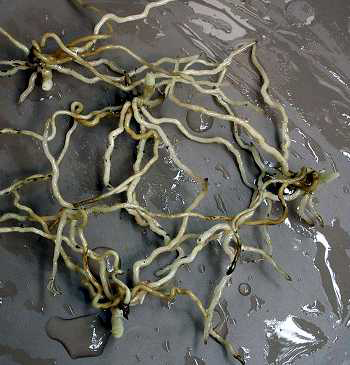
You should let the divisions grow for at least a season indoors until you transplant them outdoors.
That’s it! that should have you covered on some great techniques to propagate white snakeroot.
Want to propagate like a pro? Check out our plant propagation guide.
Maybe you’re looking for other zone 2 plants, check out our list!

